AI in Public Sector: Transforming Government Services and Citizen Engagement
Introduction
Artificial intelligence is revolutionizing the public sector by enabling governments to deliver smarter, more efficient, and citizen-centric services. In 2025, global AI adoption in government is growing rapidly, with the market projected to reach $26.4 billion. Governments are leveraging AI to enhance decision-making, automate routine tasks, and improve citizen engagement through personalized, accessible digital services. Pure Technology supports public agencies in implementing AI solutions that drive transparency, operational efficiency, and public trust.
The Growing Role of AI in Government
Governments manage massive volumes of data and complex processes daily. AI empowers public sector agencies to:
- Analyze vast datasets for evidence-based policymaking
- Automate administrative workflows, reducing delays and errors
- Provide 24/7 intelligent citizen support via AI chatbots and virtual assistants
- Detect fraud, allocate resources efficiently, and ensure public safety
- Enable smart city initiatives optimizing traffic, utilities, and infrastructure
Key Applications of AI in Public Sector
1. AI-Driven Data Analytics for Policy and Decision-Making
AI processes huge data reservoirs, revealing insights and predictive trends that help governments plan effectively, track program outcomes, and respond proactively to social, economic, or environmental challenges.
2. Intelligent Citizen Support Systems
AI-powered virtual assistants handle vast arrays of citizen inquiries—including social benefits, tax services, and licenses—improving accessibility and reducing call center workloads.
3. Fraud Detection and Integrity Enforcement
Machine learning models detect patterns of fraud and financial irregularities across benefit programs, tax filings, and procurement activities, safeguarding public funds.
4. Smart Urban Planning and Traffic Optimization
AI analyzes transportation data to optimize traffic flows and reduce congestion, contributing to safer, greener, and more livable cities.
5. Predictive Policing and Public Safety
AI models predict crime hotspots and resource needs, helping law enforcement agencies allocate efforts effectively, reduce crime rates, and improve community safety.
6. Automated Legal and Administrative Processes
AI supports case law analysis, document processing, license approvals, and other labor-intensive administrative tasks, accelerating government operations.
7. Personalized Public Services
AI enables customization of digital public services to citizens’ needs and preferences, increasing satisfaction and inclusion.
8. Healthcare and Social Services Enhancement
AI facilitates faster diagnostics, personalized treatment, and management of social care programs, improving public health outcomes.
9. Education and Workforce Development
AI-powered adaptive learning platforms tailor education to individual student needs, closing achievement gaps while training future-ready workforces.
10. Environmental Monitoring and Disaster Management
AI analyzes environmental sensor data for early warnings, improving responses to natural disasters and supporting sustainability policies.
Benefits of AI Adoption in Government
- Efficiency and Cost Savings: Automates repetitive tasks and optimizes resource allocation.
- Improved Transparency and Trust: Data-driven decision-making promotes accountability.
- Enhanced Accessibility: Digital AI-driven services ensure wider public reach, including vulnerable groups.
- Proactive Governance: Predictive analytics anticipate challenges rather than reacting post-facto.
- Data-Driven Innovation: Stimulates new public programs informed by insights.
Challenges to Address
- Data Privacy and Security: Stringent protections are required to safeguard citizens’ sensitive information.
- Legacy Systems Integration: Modern AI solutions must cooperate with existing government infrastructures.
- Change Management: Training and cultural shifts are essential for successful AI adoption within public agencies.
- Ethical AI Use: Governments must ensure AI operates fairly, transparently, and without bias.
Conclusion
AI is set to transform governance, making government services more responsive, efficient, and inclusive in 2025 and beyond. By embracing AI-driven innovation, public sector organizations can better meet citizen expectations, improve social outcomes, and lead digital transformation efforts. Pure Technology is committed to partnering with governments to create intelligent, trustworthy, and sustainable public services powered by AI.
Call us for a professional consultation

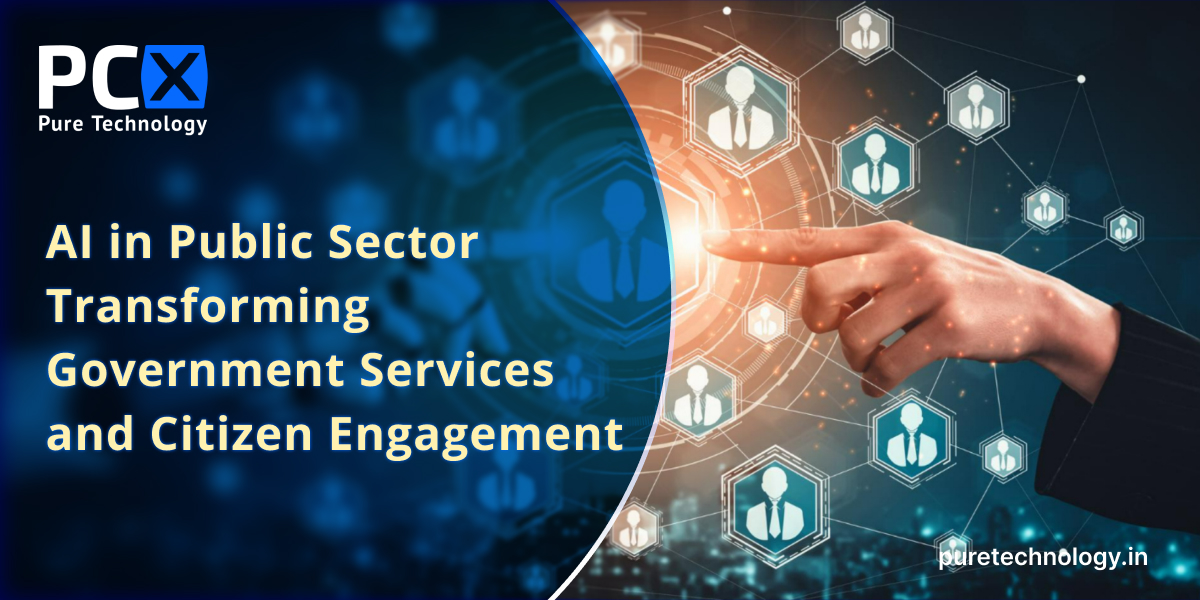
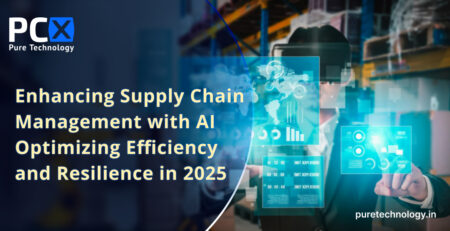





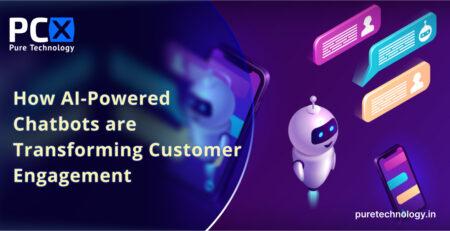
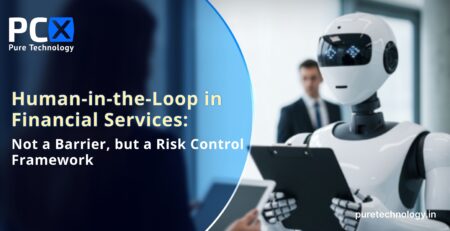
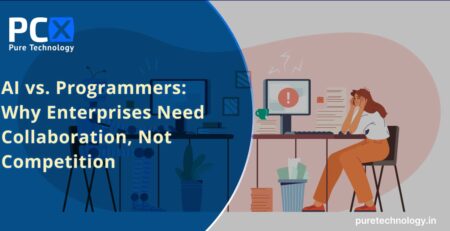
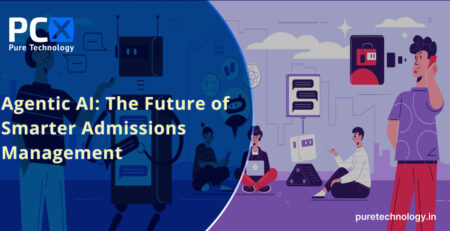
Leave a Reply